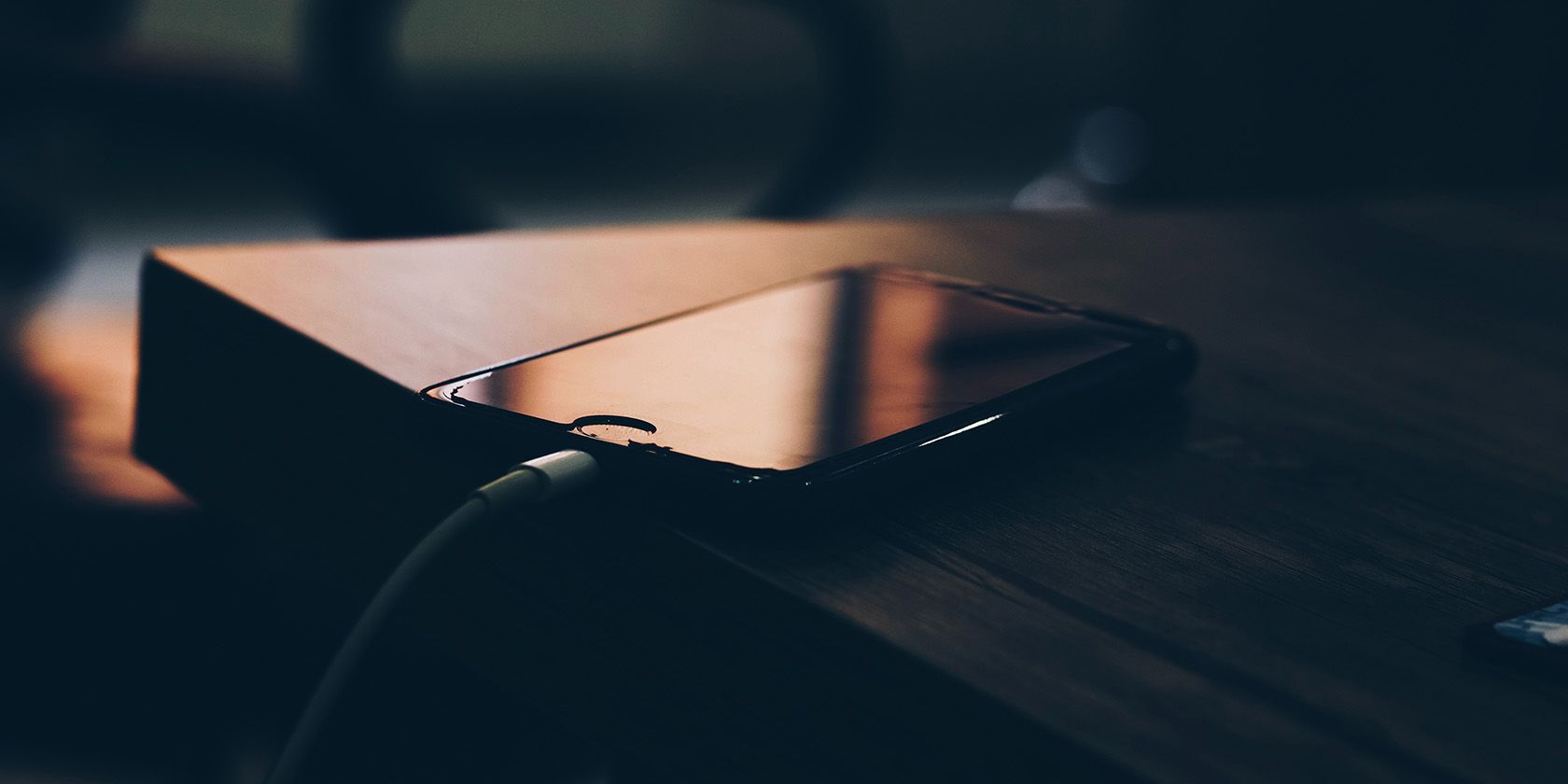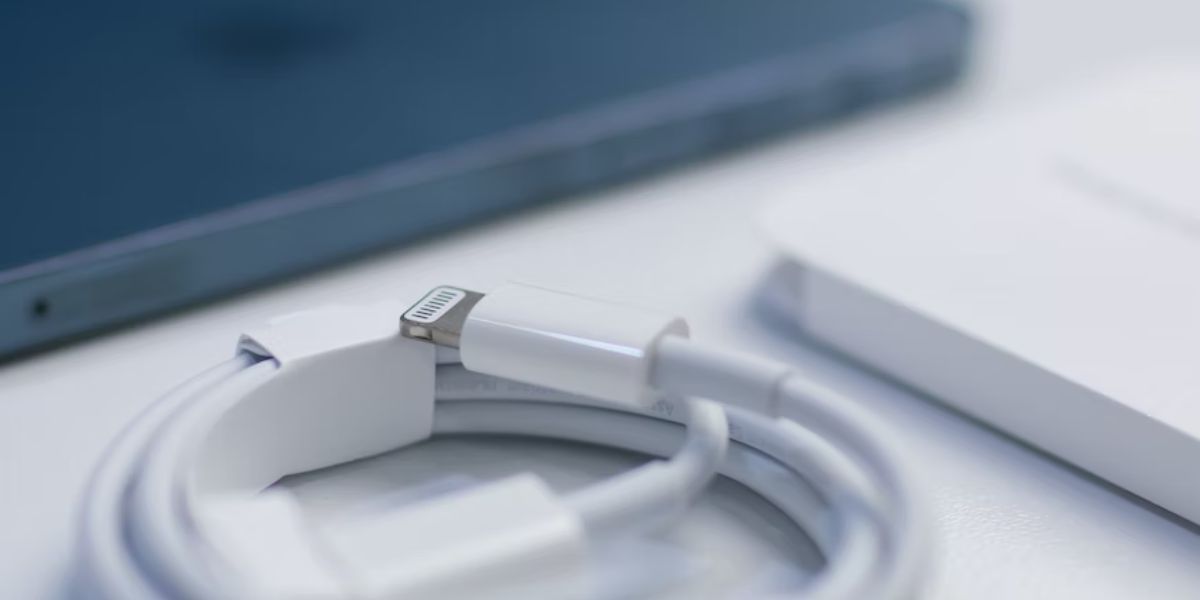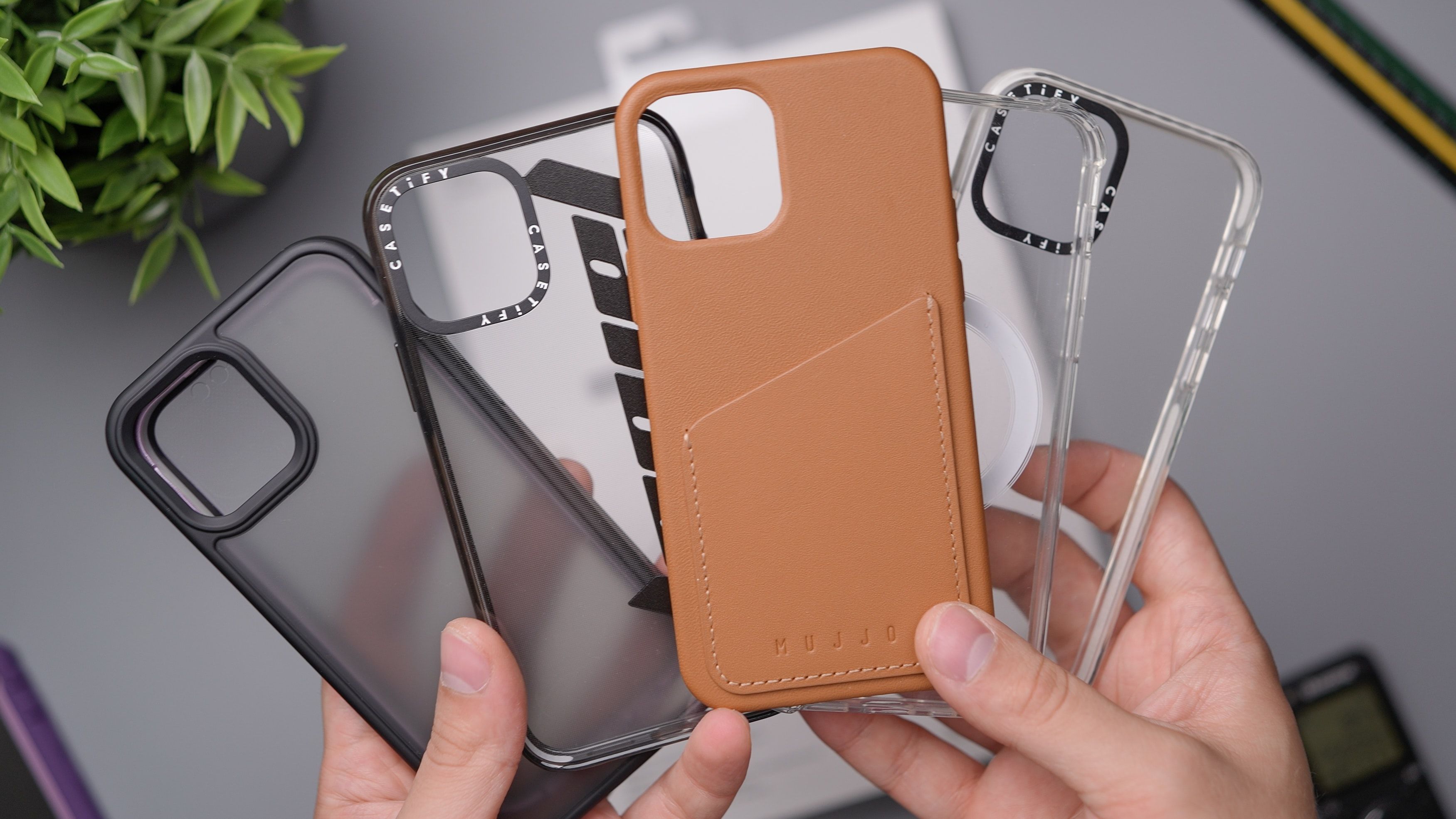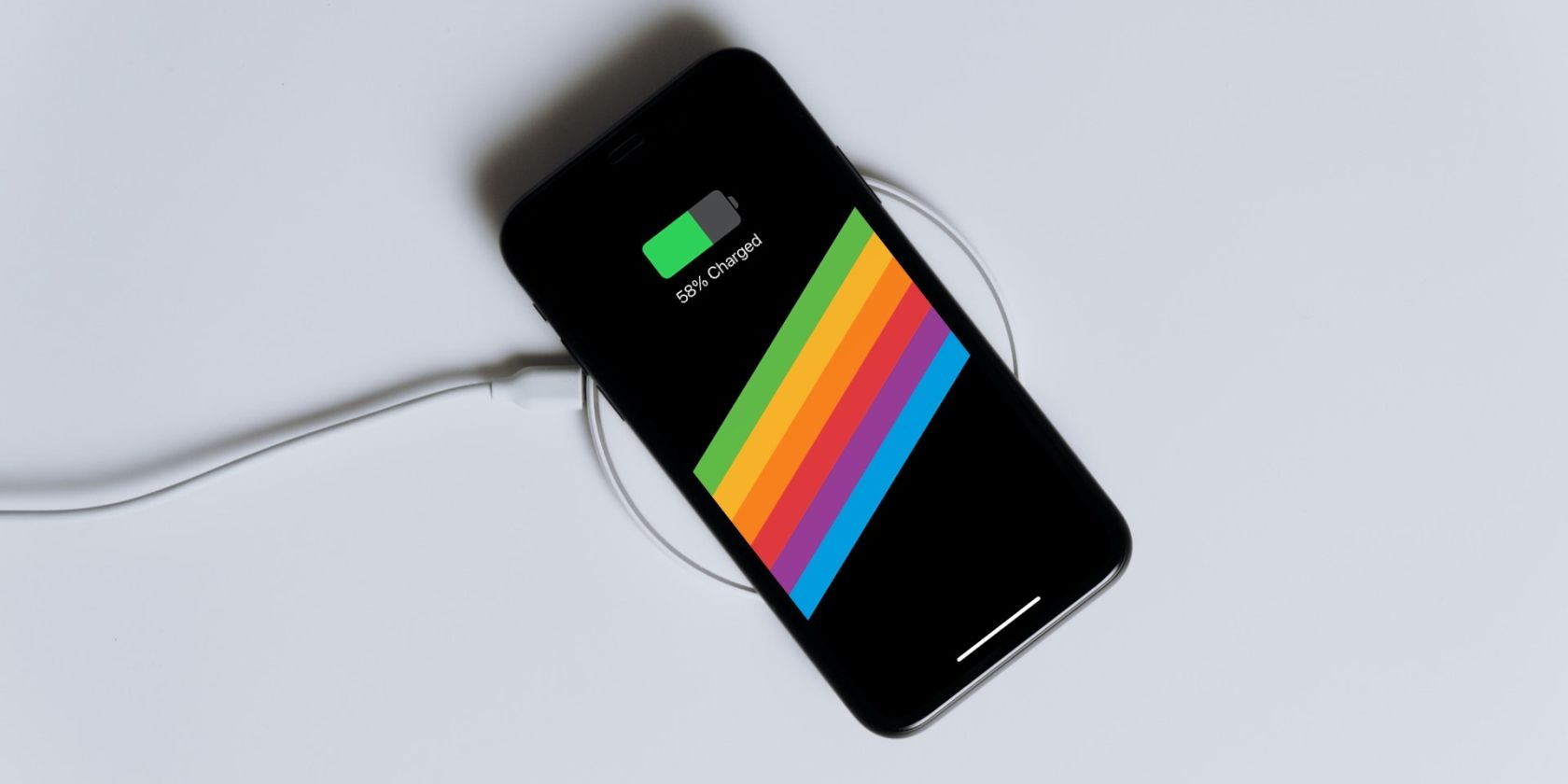The iPhone is a powerful device, but, like many electronics, it requires some upkeep to ensure proper functioning. Like a ship that can sail forever, as long as people are willing to maintain it, your iPhone will keep working as long as you maintain its battery health.
Here's why maintaining your iPhone battery is critical and how you can do that to get more years from your device.
Why Is It Important to Maintain Your iPhone's Battery Health?
While all iPhones will degrade over time, you can take certain actions to prolong your device's longevity. One of the most common parts of an iPhone to break first is the battery. If you neglect taking care of your iPhone's battery, it may stop functioning altogether, even when plugged in.
There is no way to guarantee how long an iPhone's battery will last, as many factors impact its health. However, if you want to use your device for as long as possible, here are some tips to maintain the battery health of your iPhone for the years to come.
1. Avoid Maximizing Your Charge Cycles
According to Apple, after roughly 500 charge cycles, iPhones retain only up to 80% of their original battery capacity. You go through a charge cycle when you use up 100% of your iPhone's battery—for example, you used up 50% yesterday and another 50% today.
So, in general, the less you use your iPhone, the fewer charge cycles you go through and the longer the battery will last. You can check how many battery cycles your iPhone has gone through without even using an app.
Moreover, keeping the device at full charge or completely drained can negatively impact your iPhone's battery health. For this reason, you should try to keep your device between 40% and 80% battery as much as possible to preserve your iPhone's battery health.
2. Turn Off Unused Features
To use fewer charge cycles and maintain the battery health of your iPhone, you should turn off any features you don't absolutely need. These can include power-hungry features like Background App Refresh, Bluetooth, Location Settings, and push notifications, all of which you can find in the Settings app.
This is just one of the ways you can save battery life on your iPhone to get the most out of a full battery charge. You can also reduce your iPhone's brightness, enable fewer notifications to avoid them waking up your Lock Screen all the time, and turn off the always-on display if your iPhone has this feature.
3. Don't Leave Your iPhone Without Charge for Too Long
The battery cells that make up lithium-ion batteries have a limited lifespan, meaning you should take care of your iPhone's battery if you want to keep reaping the benefits of your device.
One of the biggest killers of a smartphone's battery is letting it die completely. This is because when a battery cell depletes and is left that way for a long time, it may enter a deep discharge state and never work again.
Luckily, iPhone batteries still keep some reserve charge even when powered off to avoid this problem. But if your iPhone dies, you should remember to charge it again as soon as possible. To avoid this, take advantage of your iPhone's Low Power mode when the battery is at 20% or lower to extend its battery life until you can get to an outlet.
4. Don't Leave Your iPhone Charged Overnight
Many people charge their phones overnight because it is the most convenient option. However, charging your phone overnight can be bad because overcharging an iPhone like this can result in a damaged battery and reduce the life of your phone.
Frequent overcharging damages your battery because it forces more current into already full cells than they are designed to hold. It also means your iPhone spends most of the night at 100% charge, which is bad for its battery health.
Luckily, there's a built-in, optimized battery charging feature to help maintain your iPhone's battery health. You can enable it by going to Settings > Battery > Battery Health & Charging and toggling on Optimized Battery Charging. If you take your phone off charge at roughly the same time every day, your iPhone will learn this pattern and avoid charging to 100% until right when you need it.
5. Avoid Charging and Using Your Phone Simultaneously
There's no harm in looking at some messages and scrolling through social media for a while. However, avoid engaging in a prolonged gaming session when charging your iPhone.
Multiplayer games, in particular, tend to cause your iPhone to overheat. Charging your device at the same time will just worsen the issue and affect your iPhone's long-term battery health.
Therefore, it's best to plan ahead a little and charge your device sufficiently beforehand to take care of your iPhone's battery. Plus, it's uncomfortable to hold and use a hot iPhone properly anyway.
6. Use Only Official Apple Chargers
Many unscrupulous companies produce low-quality iPhone chargers. While they can still charge your device, these chargers are not certified by Apple, meaning they don't maintain the same quality and compatibility with your iPhone's battery.
Only use Apple-certified accessories for your safety and your iPhone's battery health. Some of these officially approved items include the best Lightning cables to charge your iPhone. They help to protect against power surges and short circuits, which could otherwise cause injuries to you or damage the phone's internal components, including the battery.
7. Avoid Extreme Temperature Changes
Keeping your iPhone safe from temperature extremes will help your device get through its entire lifespan without damage to core components. Therefore, being mindful of this measure can help maintain the battery health of your iPhone.
Extreme low temperatures can cause a shortened battery life, affecting the battery's ability to hold charges or making it stop working altogether. On the other hand, extreme highs can permanently prevent you from using some of the phone's features, such as causing cracks in the device itself, which can impact overall battery performance.
8. Invest in a Case for Your iPhone
We've all probably dropped our iPhones at some point. Although the iPhone's Ceramic Shield does contribute to the device's durability, it's still safer to have a case. Repeated impact on hard surfaces will inevitably contribute to internal component damage over time, which affects your iPhone's battery health.
Furthermore, to preserve your iPhone's battery health, keep it away from dusty or dirty environments. This can lead to shorter battery life due to dust and dirt particles accumulating on the battery contacts.
Using a protective case can help protect your iPhone's ports by trapping the debris before it enters your device. Additionally, a good iPhone case can protect your iPhone from other issues as well, such as broken screens and water damage.
At the same time, ensure your case doesn't swaddle your iPhone, which may cause it to overheat and negatively impact its battery health. If necessary, remove your iPhone case while charging your device to prevent this issue.
9. Update to the Latest iOS Version
A key way to maintain your iPhone's battery health is to update the device's operating system. As time goes on, your iPhone receives software updates that improve its speed and performance. This keeps the battery in good condition over the long term.
Additionally, these updates often come with new battery-saving features you can enjoy. For instance, the introduction of Screen Time in one of the updates helps to track how much time users spend on their devices and which apps they use the most. Users can then adjust their daily habits to ensure they are not spending too much time on their phones.
Go to Settings > General > Software Update to check if an update is available for your device.
10. Charge the Battery to 50 Percent Before Storing Your iPhone
Our final tip applies to an iPhone you intend to keep in storage. When you buy a new iPhone, there's no need to throw away the old one. Keeping a functional device to serve as a backup is one of the eco-friendly ways to prevent your old iPhone from becoming e-waste.
But it's essential to maintain the battery health of your iPhone; otherwise, you may find yourself with a non-functioning device the next time you take it out from the drawer.
All you need to do is charge your iPhone's battery to around 50 percent and turn it off to prevent battery consumption before storing it. Then, set a reminder to charge the iPhone to 50 percent again every six months if you know you won't use or charge it in between.
Best Practices to Maintain the Battery Health of Your iPhone
Unfortunately, there is no way to stop iPhone batteries from becoming less effective with time. After all, iPhones still use lithium-ion batteries, which will naturally degrade with use. However, you can still make a difference in overall performance by taking care of your iPhone's battery.
Aside from keeping your iPhone on for longer, keeping the battery healthy can eliminate slowdowns, app crashes, and more. So, use these tips to keep your iPhone's battery healthy longer. And if all else fails, there's still no need to buy a new iPhone because Apple can replace the battery for you.

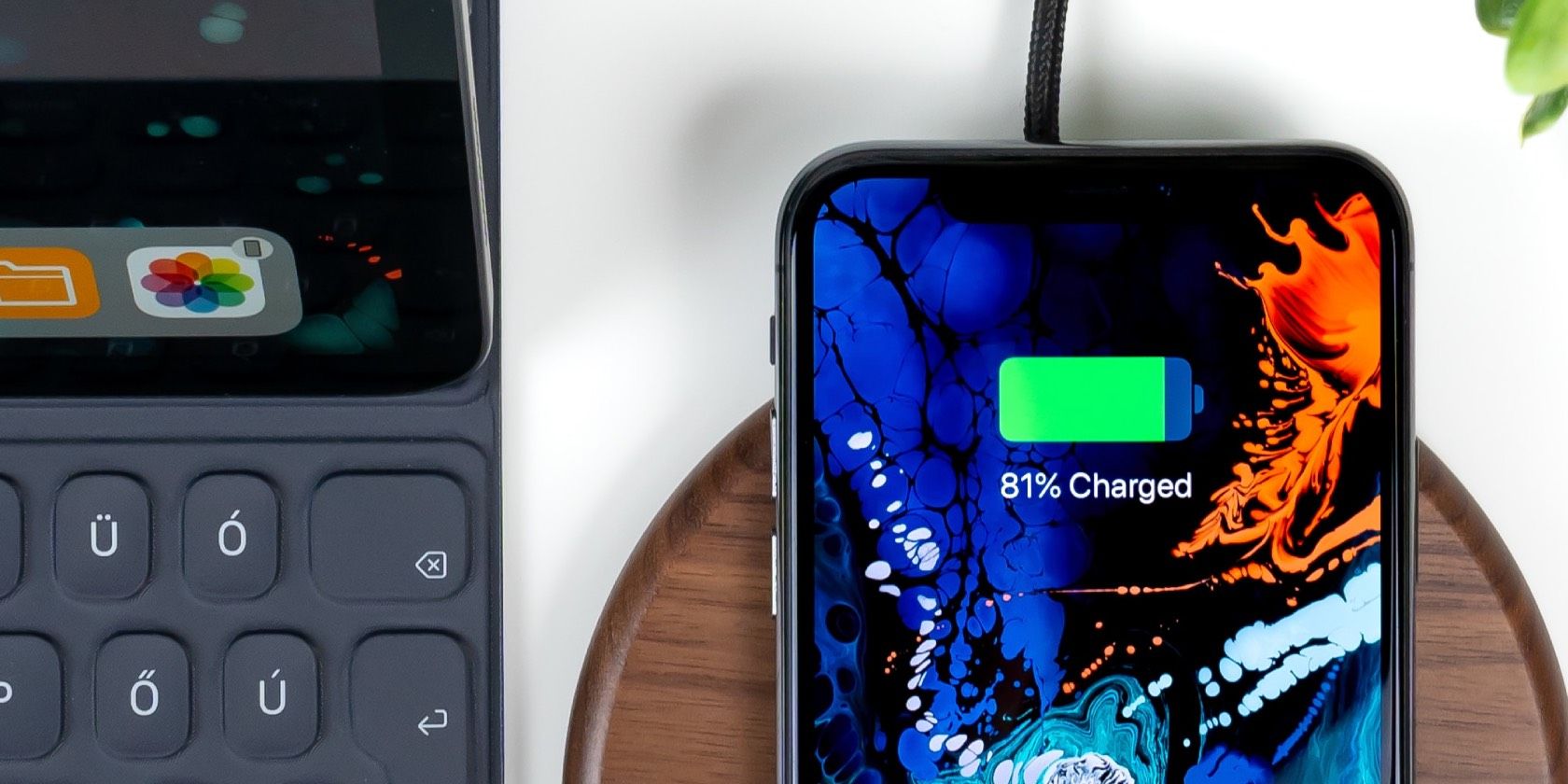
-(10).jpg)
